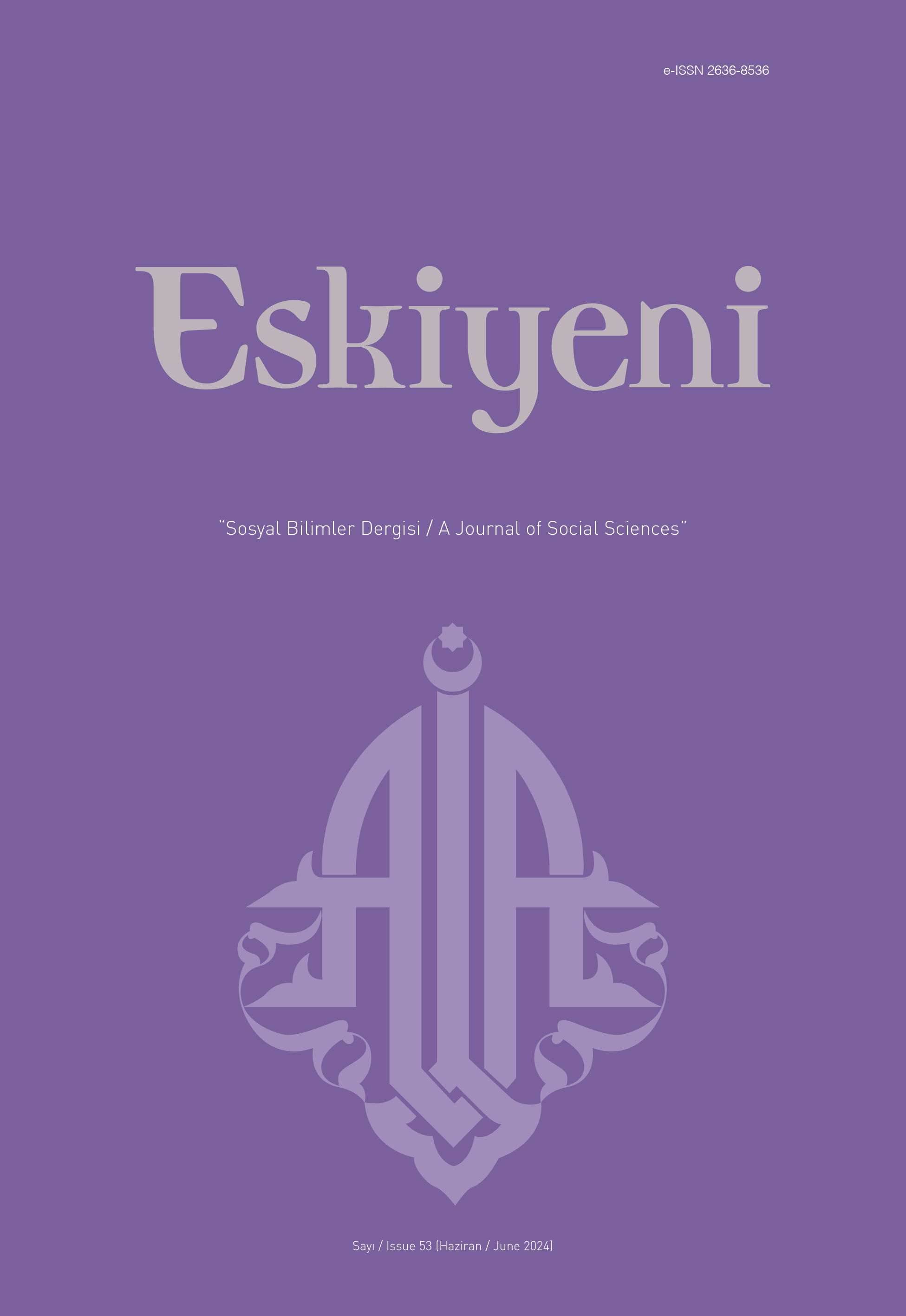Ehl-i Sünnet ile Şîa Fıkhındaki Küllî Kaidelerin Kavramsal Çerçevelerinin Karşılaştırılması
Comparison of the Conceptual Frameworks of Universal Rules in Ahl al-Sunnah and Shīʿa Fiqh
Author(s): Ünal ŞahinSubject(s): Philosophy, Theology and Religion, Islam studies, Philosophy of Law, Sharia Law
Published by: Anadolu İlahiyat Akademisi
Keywords: Islamic Law; Ahl al-Sunnah; Shīʿa; Universal Principle; Comparison;
Summary/Abstract: This study, which examines the conceptual framework of the universal rules in Ahl al-Sunnah and Shīʿa fiqh, is the first review on the subject. This article aims to outline the differences between the principles that are considered as universal principles in both schools of thought. However, it is even possible to study each principle independently. In this context, it has been tried to show to what extent the characteristics of the universal principles determined by Ahl al-Sunnah are taken into consideration in Shīʿa jurisprudence. In addition, an effort has been made to determine in general terms what are the prominent issues in the universal rules in Shīʿa jurisprudence. As a result of the research, it has been determined that there are many differences between Shīʿa and Ahl al-Sunnah jurisprudence in the context of universal principles, which are accepted as logical propositions, as well as in the tradition of belief. The fact that universal rules are a sub-discipline of fiqh and methodological differences can be found in fur ūʿ al-fiqh (substantive fiqh). As a matter of fact, the four Sunni sects have dealt with these principles within their own systematics and ruled accordingly. On the other hand, there are dozens of universal principles on which the four Sunnite sects agree. However, it is understood that Shīʿa interprets the universal principles differently with ideological constructs and exhibits a very different approach from Ahl al-Sunnah. Due to the vastness of the subject, the study is centered on the work of Durūs fi al-qawāʿid al-fiqhiyya, which was compiled by Shi’ite scholars in the recent period. In the context of the aforementioned work, other Shīʿa qawāʿid al-qulliyyah have been frequently referred to. The characteristics of the Shia regarding the universal principles are discussed under six main headings in the article. It is clear that Shīʿa ignores the hadith and fiqh sources of Ahl al-Sunnah regarding universal rules. The theory of innocent imams, which is seen as an integral part of Shīʿa theology, is also extensively used in universal rules. In addition, the attitude towards the companions, which is one of the sharp differences between Ahl al-Sunnah and Shīʿa, is far from being objective in Shīʿa and they exhibit an ideological approach towards the Companions.
Journal: Eskiyeni
- Issue Year: 2024
- Issue No: 53
- Page Range: 715-746
- Page Count: 32
- Language: Turkish

